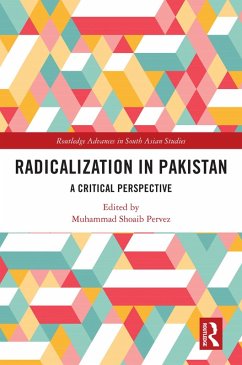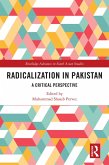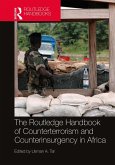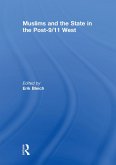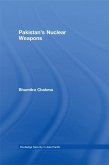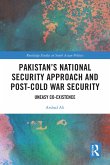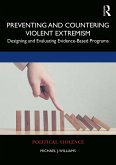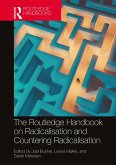Dieser Download kann aus rechtlichen Gründen nur mit Rechnungsadresse in A, B, BG, CY, CZ, D, DK, EW, E, FIN, F, GR, HR, H, IRL, I, LT, L, LR, M, NL, PL, P, R, S, SLO, SK ausgeliefert werden.
"Dr. Pervez's book is an intriguing and challenging read for any Pakistani or a student of Pakistan politics who has a desire to academically approach the question of radicalization. Structurally, the book has been divided into three broad categories: educational norms, religious practices, and geopolitical aspects of radicalization. The underlying idea is to explore different dimensions of radicalization and dissect the existing policy discourse with an aim to offer an alternative perspective. [...] Overall, this book is an interesting read for anybody interested to understand radicalization, its various dimensions and alternative policy measures to counter it." Farah Adeed, University of Management & Technology, Pakistan, Global Village Space, May 2021

